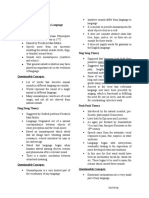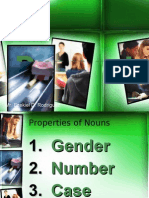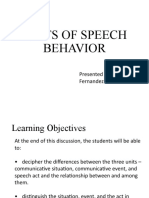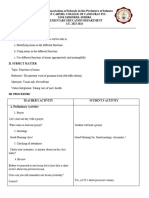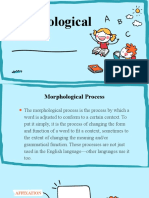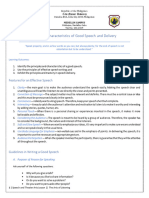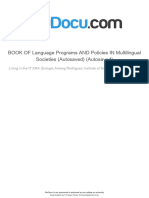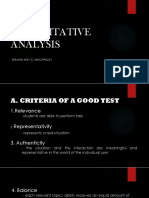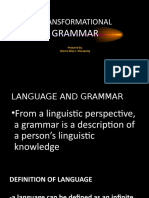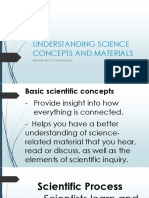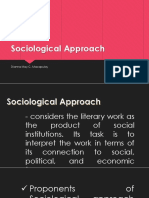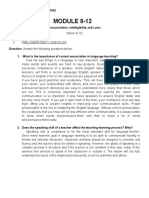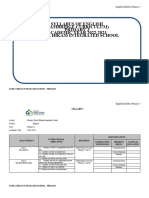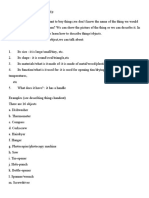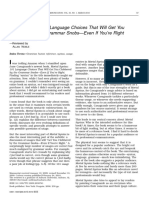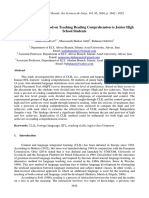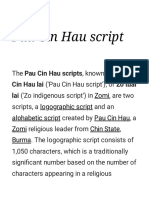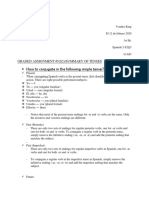0% found this document useful (0 votes)
782 views17 pagesStructures of Subordination
This document discusses subordination and subordinate clauses. It defines subordination as communicating that one idea is more important than another in a sentence. Subordinate clauses are dependent clauses that cannot stand alone as a complete idea and are joined to an independent clause. The document provides examples of subordinate clauses and lists common subordinating conjunctions that can introduce subordinate clauses such as "although", "because", and "when". It also discusses the different types of subordinate clauses and their structure in sentences.
Uploaded by
Dianna May Combate MacapulayCopyright
© © All Rights Reserved
We take content rights seriously. If you suspect this is your content, claim it here.
Available Formats
Download as PPTX, PDF, TXT or read online on Scribd
0% found this document useful (0 votes)
782 views17 pagesStructures of Subordination
This document discusses subordination and subordinate clauses. It defines subordination as communicating that one idea is more important than another in a sentence. Subordinate clauses are dependent clauses that cannot stand alone as a complete idea and are joined to an independent clause. The document provides examples of subordinate clauses and lists common subordinating conjunctions that can introduce subordinate clauses such as "although", "because", and "when". It also discusses the different types of subordinate clauses and their structure in sentences.
Uploaded by
Dianna May Combate MacapulayCopyright
© © All Rights Reserved
We take content rights seriously. If you suspect this is your content, claim it here.
Available Formats
Download as PPTX, PDF, TXT or read online on Scribd
/ 17





